Allergia Tablets for Feline Allergies: Everything Cat Owners Need to Know
Cats, like humans, can suffer from a variety of allergies that cause discomfort, skin irritation, and behavioral changes. Allergies in cats can stem from environmental factors, food sensitivities, flea bites, or other allergens. If you care deeply for your cat, keeping them healthy and comfortable is your main concern.This is where Allergia Tablets for Cats come in—a specially formulated medication designed to combat allergic reactions, soothe irritated skin, and improve your feline companion’s quality of life.
In this detailed guide, we will explore everything you need to know about Allergia Tablets for Cats, including their uses, benefits, how to administer them, potential side effects, and safety precautions.
Understanding Allergies in Cats
What Are Allergies?
This hypersensitive immune response leads to symptoms such as itching, redness, inflammation, and in some cases, respiratory issues.
Common Types of Allergies in Cats
- Flea Allergy Dermatitis: The most common allergy in cats caused by flea bites.
- Food Allergies: Triggered by proteins or ingredients in the cat’s diet.
- Environmental Allergies (Atopy): Caused by pollen, dust, mold, or other airborne allergens.
- Contact Allergies: Resulting from direct skin contact with irritants such as certain shampoos or chemicals.
Symptoms of Allergies in Cats
- Persistent scratching and biting at the skin
- Red, inflamed, or swollen skin patches
- Hair loss or bald spots
- Excessive grooming
- Ear infections or discharge
- Sneezing, coughing, or watery eyes
What Are Allergia Tablets for Cats?
They contain active ingredients that work by suppressing the allergic immune response, reducing inflammation, and soothing irritated skin.
Key Features of Allergia Tablets:
- Anti-Allergic Action: Helps control and minimize allergic reactions.
- Anti-Inflammatory: Reduces redness, swelling, and skin irritation.
- Itch Relief: Alleviates itching to prevent further skin damage caused by scratching.
- Oral Formulation: Easy to administer as tablets.
- Veterinary Formulated: Safe and effective for use in cats under veterinary guidance.
Active Ingredients and How They Work
The therapeutic action of Allergia Tablets is driven by their active ingredients. Common components found in allergy tablets for cats include:
- Antihistamines: Block histamine, a chemical released during allergic reactions, to reduce itching and swelling.
- Corticosteroids (in some formulations): Powerful anti-inflammatory agents that control severe allergic responses.
Note: The exact composition of Allergia Tablets may vary depending on the manufacturer. Always refer to the product label or consult your vet for precise information.
Allergia Tablets for Cats: A Complete Usage Guide
Proper administration ensures maximum efficacy and safety. Here’s a detailed guide:
1: Prepare the Medication
- Use clean hands or a pill dispenser.
- Check the tablet size and formulation to ensure it’s appropriate.
2: Administer the Tablet
- Offer the tablet directly by placing it at the back of the cat’s tongue.
- Another method is to wrap the tablet in a bite of canned food or a tempting morsel.
- Follow with a small amount of water if possible to help swallowing.
3: Monitor Your Cat
- Observe for any immediate reactions.
- Ensure your cat swallows the medication completely.
- Keep track of the dosing schedule as prescribed.
4: Follow-up and Adjustments
- Adjust dosage or medication if advised by the veterinarian.
Dosage Guidelines for Allergia Tablets for Cats
| Cat Weight (kg) | Recommended Dosage | Frequency |
| Up to 3 kg | 1 tablet (dosage as per vet) | Once or twice daily |
| 3 – 6 kg | 1 to 2 tablets | Once or twice daily |
| Above 6 kg | As prescribed by veterinarian | Based on severity |
Important Safety Information for Giving Allergia Tablets to Cats
Administering any medication to your feline companion requires responsible usage, accurate dosing, and close observation. While Allergia Tablets for Cats are generally safe and effective when prescribed by a veterinarian, it’s vital to follow certain precautions to minimize risks and ensure the best outcomes.
Below are the most important safety guidelines and precautionary measures to keep in mind:
1. Veterinary Consultation Is Essential
Always consult a qualified veterinarian before starting your cat on Allergia Tablets. Allergic symptoms may resemble other underlying conditions, and only a professional can make an accurate diagnosis.
Why this matters:
- Ensures proper treatment based on the root cause.
- Prevents interactions with other medications or ongoing treatments.
2. Correct Dosage is Critical
Dosage is typically determined based on:
- The cat’s weight
- Severity and type of allergy
- Age and general health condition
What to avoid:
- Never “guess” the dosage or copy doses given to other pets.
- Do not alter the dosage schedule without veterinary approval.
3. Watch for Side Effects
Although the majority of cats handle Allergia Tablets without issues, a few might experience mild to moderate side effects.
Common side effects may include:
- Sedation or drowsiness
- Gastrointestinal upset (vomiting or diarrhea)
- Increased thirst or urination
- Behavioral changes (aggression, irritability, lethargy)
What to do:
- If symptoms are mild, monitor closely.
- For severe or persistent reactions, discontinue use immediately and contact your vet.
4. Not Safe for All Cats
Certain cats may not be ideal candidates for Allergia Tablets. Inform your veterinarian if your cat:
- Is pregnant or lactating
- Has pre-existing liver or kidney disease
- Is younger than 8 weeks
- Has a history of allergic reactions to medications
- Is currently on other medications or supplements
5. Avoid Human Allergy Medications
Some cat owners may be tempted to substitute human antihistamines or allergy pills—this is extremely dangerous.
Important Reminder:
- Medications formulated for humans may contain toxic ingredients for cats (e.g., xylitol, high-dose antihistamines).
- Only use medications specifically prescribed for feline use.
6. Monitor for Long-Term Use
Allergia Tablets may be needed for short-term flare-ups or as part of long-term allergy management. However, extended use requires ongoing veterinary monitoring to prevent organ strain or resistance.
Recommendations:
- Schedule follow-ups every few weeks if using long-term.
- Consider rotating treatments or combining with diet/environmental management.
7. Never Share Medication Between Pets
Each cat’s allergies and body chemistry are different. Even if two cats have similar symptoms, sharing medication can lead to overdosing or adverse effects.
- Always use individually prescribed
- Avoid giving leftovers from a previous prescription.
8. Discontinue If Advised by a Vet
If your vet recommends discontinuing or switching medications, do not taper or change the treatment plan without their guidance. Some drugs may need to be weaned off gradually to prevent withdrawal symptoms.
9. Use with Other Treatments Only if Approved
If your cat is undergoing flea treatment, topical therapy, or immunotherapy, ensure your vet is aware. Combining treatments without supervision can cause:
- Drug interactions
- Reduced efficacy
- Worsening of symptoms
Emergency Warning Signs to Watch Out For
Seek immediate veterinary care if your cat shows:
- Severe vomiting or diarrhea
- Swelling of the face, lips, or tongue
- Breathing difficulty
- Seizures or collapse
- Sudden behavioral aggression or confusion
Benefits of Using Allergia Tablets for Cats
1. Fast Relief from Itching and Discomfort
Allergia Tablets provide quick relief from relentless itching that causes your cat distress and skin damage.
2. Reduced Skin Inflammation and Redness
By calming the immune response, these tablets help restore skin health and reduce visible signs of allergy.
3. Improved Quality of Life
With symptoms under control, your cat can resume normal grooming, eating, and play behavior without discomfort.
4. Convenient Administration
Tablets are easy to dose and can be mixed with food or given directly, making treatment hassle-free.
5. Prevention of Secondary Infections
By reducing scratching and skin trauma, Allergia Tablets help prevent bacterial or fungal infections that can complicate allergic dermatitis.
Possible Side Effects of Allergia Tablets
- Drowsiness or sedation
- Dry mouth
- Increased thirst or urination
- Gastrointestinal upset (vomiting or diarrhea)
- Behavioral changes such as irritability
Should side effects continue or intensify, stop administering the tablets and contact your vet immediately.
Complementary Treatments for Allergic Cats
In addition to Allergia Tablets, managing cat allergies often involves:
- Flea control: Using flea preventives and regular grooming.
- Dietary adjustments: Hypoallergenic or novel protein diets.
- Environmental management: Reducing exposure to pollen, dust, or other allergens.
- Topical therapies: Medicated shampoos and sprays to soothe skin.
- Immunotherapy: Allergy shots or desensitization treatments for chronic cases.
A holistic approach provides the best outcomes for allergic cats.
Real-Life Experiences: Testimonials from Cat Owners
“My cat had severe flea allergy dermatitis, and Allergia Tablets made a huge difference. The itching reduced within days, and her skin started healing.” – Sarah M.
“Easy to give and effective — these tablets helped control my cat’s environmental allergies without harsh side effects.” – Priya S.
Conclusion
Allergia Tablets for Cats offer an effective, easy-to-administer solution to manage allergic symptoms, reduce itching, and promote healthier skin. When used under veterinary guidance as part of a comprehensive allergy management plan, these tablets can dramatically improve your feline companion’s comfort and well-being. If your cat shows signs of allergies or persistent skin issues, don’t delay—consult your veterinarian to explore the benefits of Allergia Tablets and other supportive treatments tailored to your cat’s needs. By addressing both the root cause and outward symptoms, Allergia Tablets help restore your cat’s comfort and quality of life. With consistent use and proper dosage, they not only support physical health but also enhance your cat’s emotional well-being and behavior.







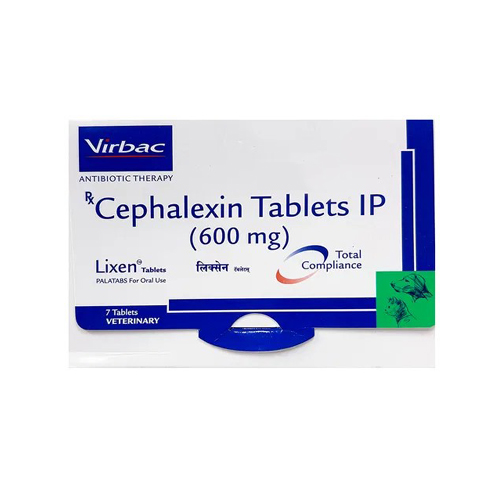
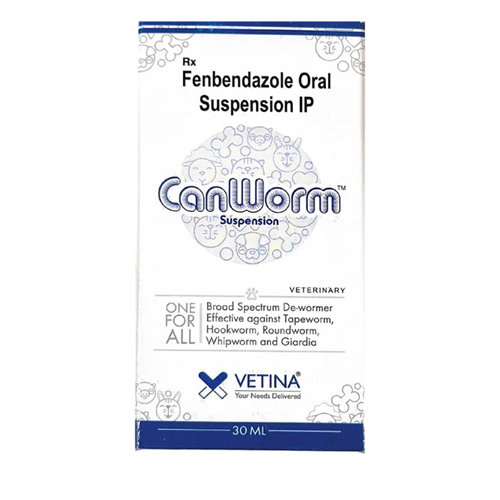




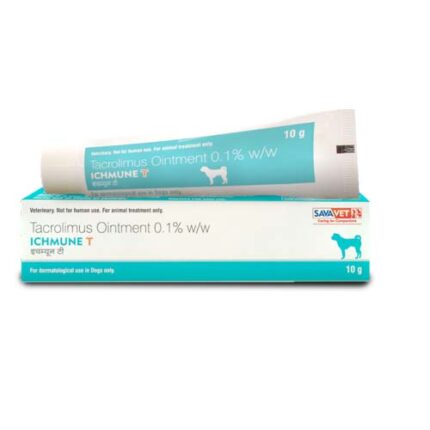
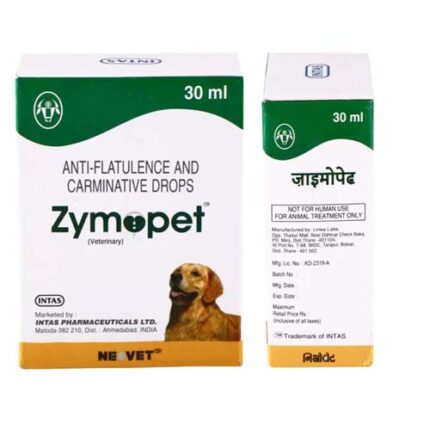


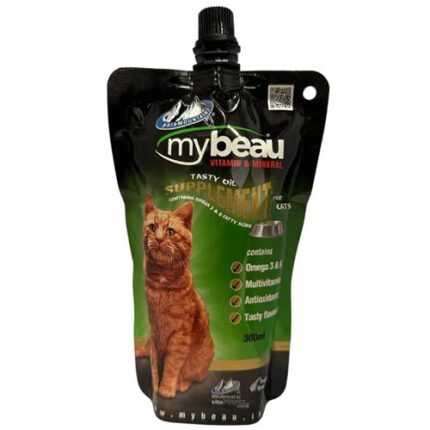

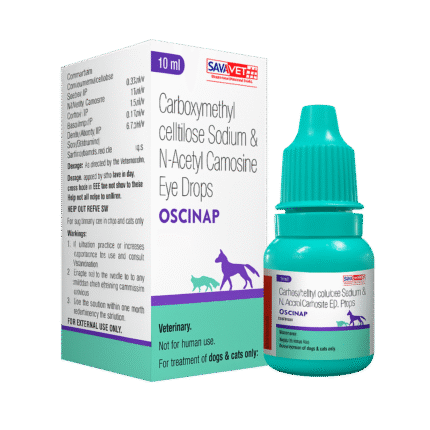

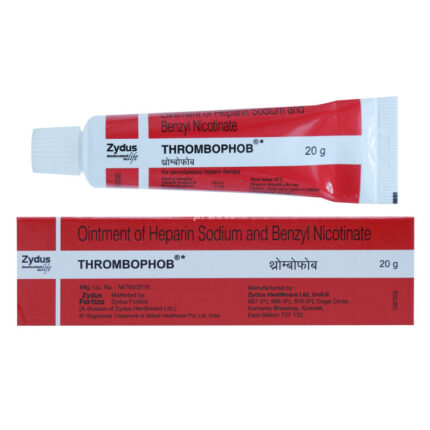
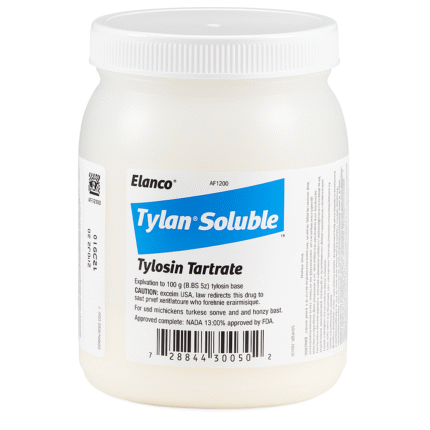
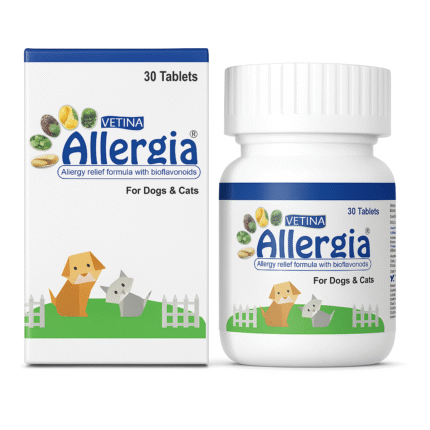
Reviews
There are no reviews yet.